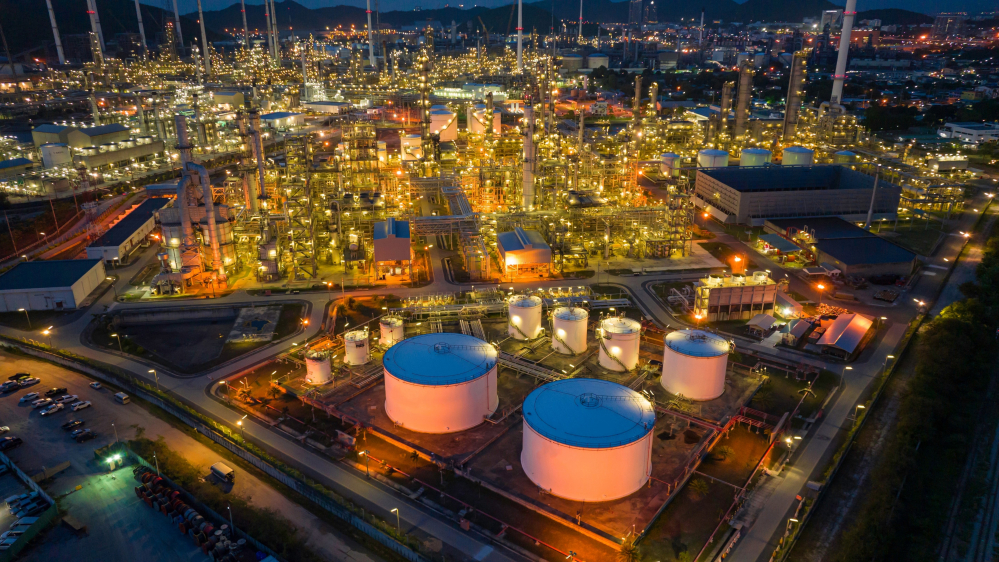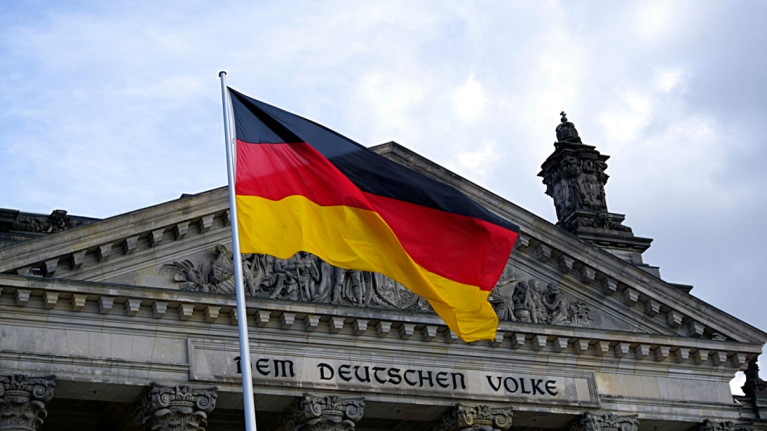Re-energise: economic growth beyond the Green Deal
- 11:30 - 17:30
- Tuesday 18th February 2025
- EU Thon Hotel, Rue de la loi 75, 1040 Brussels
Registration from 11:00
REGISTER HERE
Europe’s economies are struggling under the burden of regulation, the cost of energy, and dependency on foreign powers and companies. At the heart of this are environmental policies, especially the package of policies that were the hallmark of Ursula von der Leyen’s first term: the Green Deal.
In response to criticism, the Green Deal has been repackaged as the Clean Industrial Deal. But does this go far enough to address the problems Europe faces? Europe’s problems are vast: from failing policies at home to pressures coming from abroad. External problems concern for example Europe’s dependency on critical raw materials and energy sources that it needs to import, while internally-generated problems include the inhibition of European enterprises by excessive regulation, misallocation of resources, and policies that increasingly drive companies away from Europe.
The roots of these problems are deep. This conference will address two areas fundamental to Europe’s success: energy and industry. We will examine both policy errors and potential solutions. How do we move beyond platitudes and seriously re-energise European economies?
Conference: Re-energise: economic growth beyond the Green Deal
- Panel 1: Europe’s economic reality and the impact of the Green Deal
- Panel 2: Powering European growth
- Panel 3: Re-energise: finding an alternative vision to the Green Deal
Panel 1: Europe’s economic reality and the impact of the Green Deal
11:30 to 13:00
What is the reality of European economic performance? For some time, many have diagnosed major issues, from deindustrialisation to lagging competitiveness. The EU’s answer to these problems was the Green Deal: green policies can both solve environmental issues and be a route to growth. When launching the European Green Deal, President von der Leyen even described it as a path to technological breakthrough, which would become “Europe's ‘man on the moon' moment”. But by the time of the European Parliamentary elections in the summer of 2024, the Green Deal appeared less a source of inspiration than one of anger and anxiety – with widespread farmer protests, plant shutdowns in the automotive and petrochemical industry sectors, and businesses more generally struggling with the most stringent regulations.
So, did the Green Deal support economic development and set the stage for an energy transition – or did it hinder economic performance and set the stage for our energy crisis? What are the fundamental problems facing European economies, and can green policies be part of the answer?
Host: Philipp Siegert, Deputy Research Director, MCC Brussels
Speakers:
- Roman Haider, MEP, Committee on the Environment, Public Health and Food Safety, FPÖ
- Bernadett Petri, Ministerial Commissioner for Directly Managed EU Funds in Hungary
- Nicolas Ravailhe, Francophone Institute for European Strategies, lecturer at the Paris School of Economic Warfare
Panel 2: Powering European growth
14:00 to 15:30
Energy is at the core of all economic activity. For industry, energy needs to be affordable and reliable. Yet both have been undermined in recent years. This situation predates the “decoupling” from Russian gas – although this has undoubtedly exacerbated the situation. This has culminated in a situation where, in 2024, EU gas wholesale prices were on average nearly five times those in the US, and industrial electricity prices were roughly two and a half times higher. We need to ask what policies – both from the EU and national governments – have brought us here.
What are the prospects e.g. for nuclear energy to support economic development across Europe going forward? How is the EU’s focus on reducing energy demand and shifting to renewables working out for industry and end consumers? What role can fossil fuels, including coal, play going forward and how is this different for each member state? What should Europe learn from America’s experience of fracking for gas and oil?
This panel will explore what realistic opportunities there are for European economies to transform their energy systems to deliver reliable and affordable energy to fuel future prosperity and wealth creation.
Host: Agnieszka Kolek, Head of Cultural Engagement, MCC Brussels
Speakers:
- Tomasz Cukiernik, author of Sabotaż klimatyczny. Jak transformacja energetyczna rujnuje nasze życie (Climate Sabotage: How the Energy Transition Is Ruining Our Lives)
- Professor James Woudhuysen, visiting professor, forecasting and innovation, London South Bank University; author of MCC Brussels’ report: Lights out: Is the EU failing on Energy Policy?
- Samuel Furfari, professor of energy geopolitics and energy politics, Free University Brussels; former senior official of DG Energy at the European Commission
Panel 3: Re-energise: finding an alternative vision to the Green Deal
16:00 to 17:30
At the start of her second mandate as European Commission President, von der Leyen reiterated the importance of “the goals of the European Green Deal” whilst stating that a “more agile” approach was required. As we approach the first 100 days of her mandate, the deadline promised for a new “Clean Industrial Deal” to be announced, is it time for a more radical rethink?
Many insist that the problem is deep-rooted: a decade of green policies have hampered innovation, bathed Europe in regulation, and put us far behind our competitors. For critics, this is not a question of policy implementation but ideology – there is not a ‘more rational’ version of the Green Deal waiting to be discovered, and only a fundamental change can deal with our woes. Or is this criticism misplaced?
How should we best encourage and manage investments in world leading innovation to help solve some of the problems we face? Can we develop a more positive vision for the future – an alternative to the Green Deal – that puts economic viability front and centre and adopts a responsible approach to environmental challenges? Why are European elites so wedded to the ideology of Net Zero?
This session will address key policy errors while discussing possible solutions that would present a more acceptable, more viable, and strategically sounder alternative to the Green Deal.
Host: Zsófia Tóth-Bíró, Deputy Editor-In-Chief, europeanconservative.com
Speakers:
- Thomas Deichmann, German publicist and communication expert within the chemical industry. Author of "Die Steinzeit steckt uns in den Knochen“ (The Stone Age is in our bones), awarded as Science Book of the Year 2010
- Professor Bill Durodié, visiting Professor MCC Brussels and author of How the EU Strangles Innovation: Thirty years of precaution


